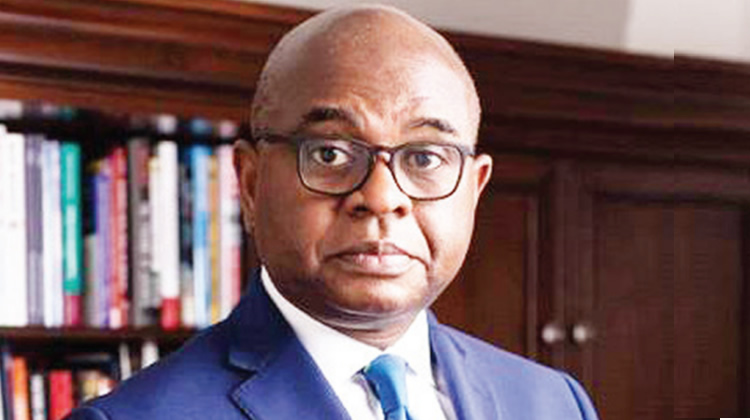
A former deputy governor of the Central Bank of Nigeria, Kingsley Moghalu, has weighed in on Nigeria’s recent economic reforms, highlighting the necessity of change while criticising the government’s approach to implementation.
In a statement released on Friday via X, Moghalu acknowledged the unsustainability of both the petrol and forex subsidies.
However, he pointed out significant flaws in the execution of the reforms.
He stated, “The petrol subsidy and the forex subsidy were unsustainable. The fact that the wrongheaded execution of their removal is a very different thing from whether those reforms were needed.”
Moghalu criticised the hasty removal of the petrol subsidy “without proper planning for consequences and alternative transport solutions for the people.”
Similarly, he faulted the floating of the exchange rate “without FIRST tightening monetary policy and without a substantive Central Bank of Nigeria Governor with a real plan in place.”
Moghalu further emphasised that the core issue lies in “competence of conception and execution,” highlighting a broader challenge faced by Nigeria and many African countries in framing and executing evidence-based public policy.
The ex-presidential candidate and economic expert maintained his stance on the necessity of these reforms, given Nigeria’s fiscal realities in 2023.
“My position on the fuel subsidy and exchange rate subsidy remains consistent and not populist,” he affirmed.
However, Moghalu stressed the importance of legitimacy when implementing painful reforms. He noted that the absence of shared sacrifice from Nigeria’s political leaders undermines the reforms’ legitimacy.
“Executing painful reforms requires the legitimacy of shared sacrifice. That such a sacrifice on the part of the political leaders of Nigeria is absent, while asking citizens to bear the pain of necessary (although incompetently executed) reforms damages the legitimacy of the reforms,” Moghalu wrote.
